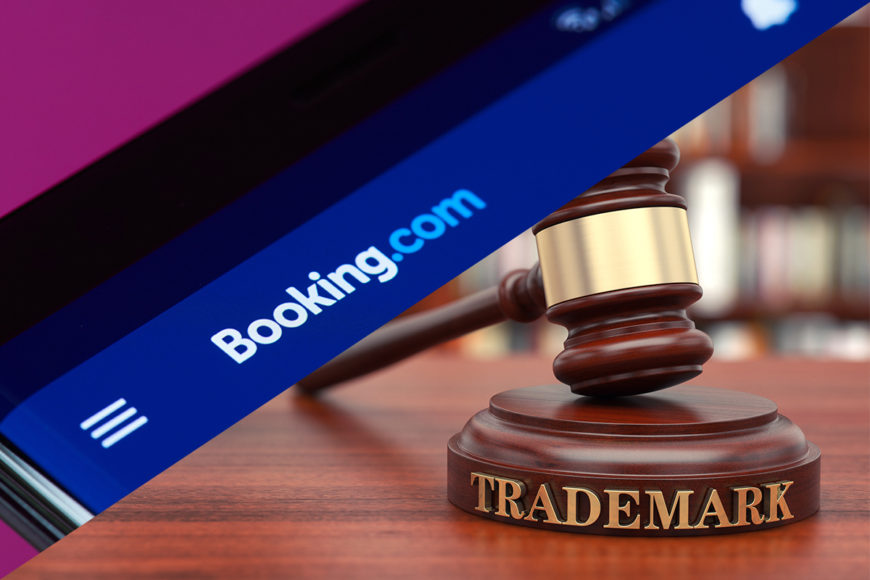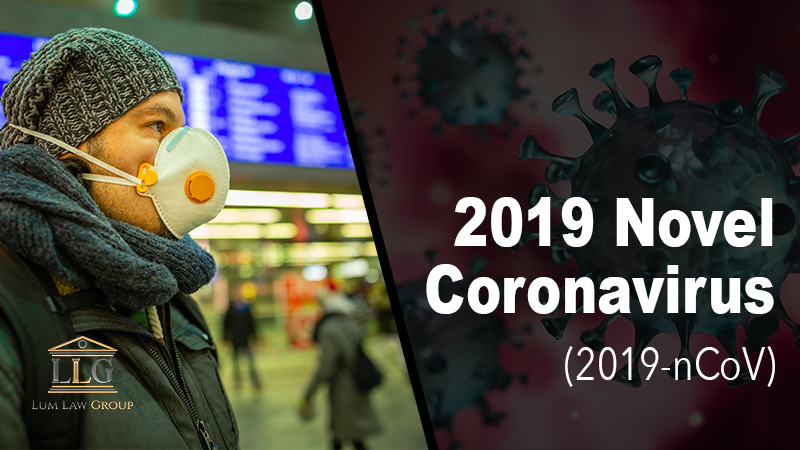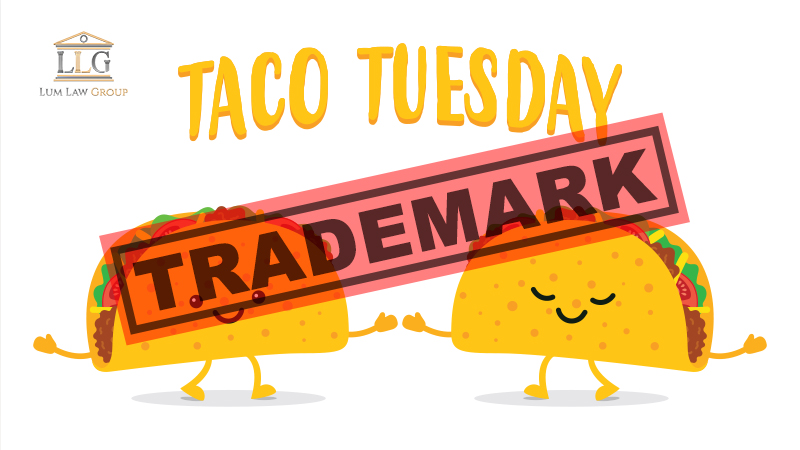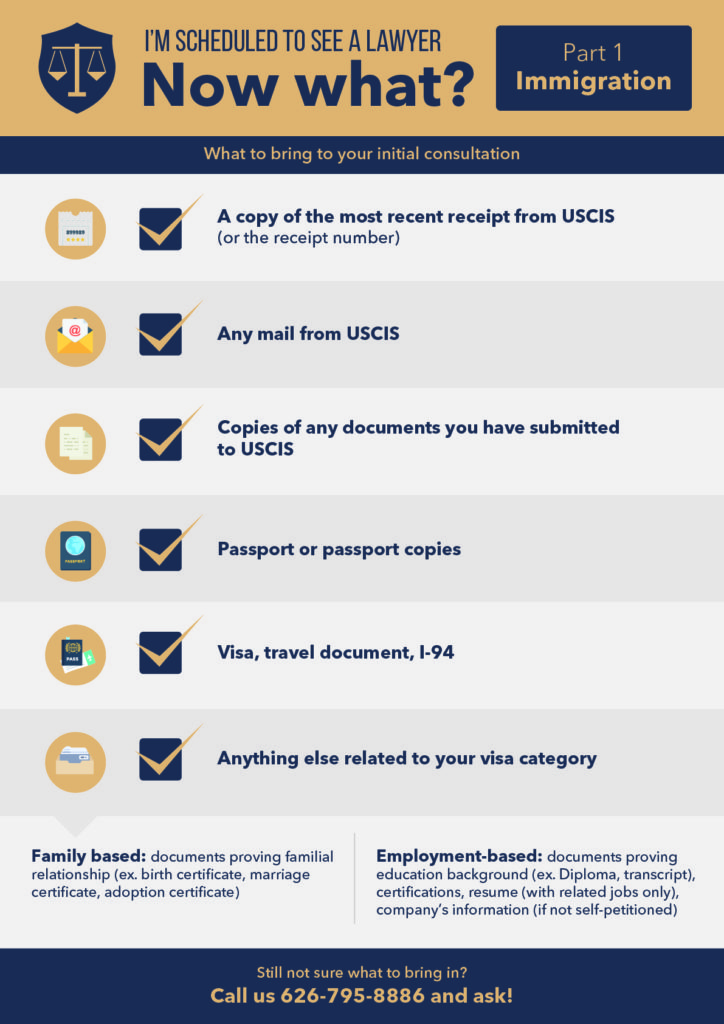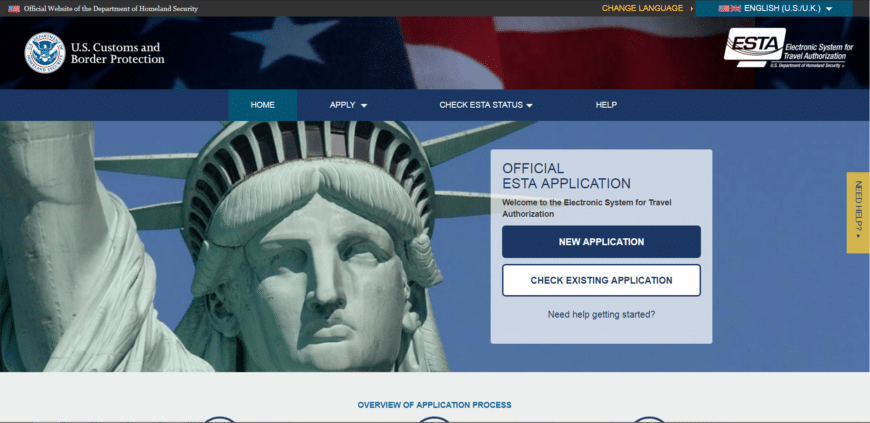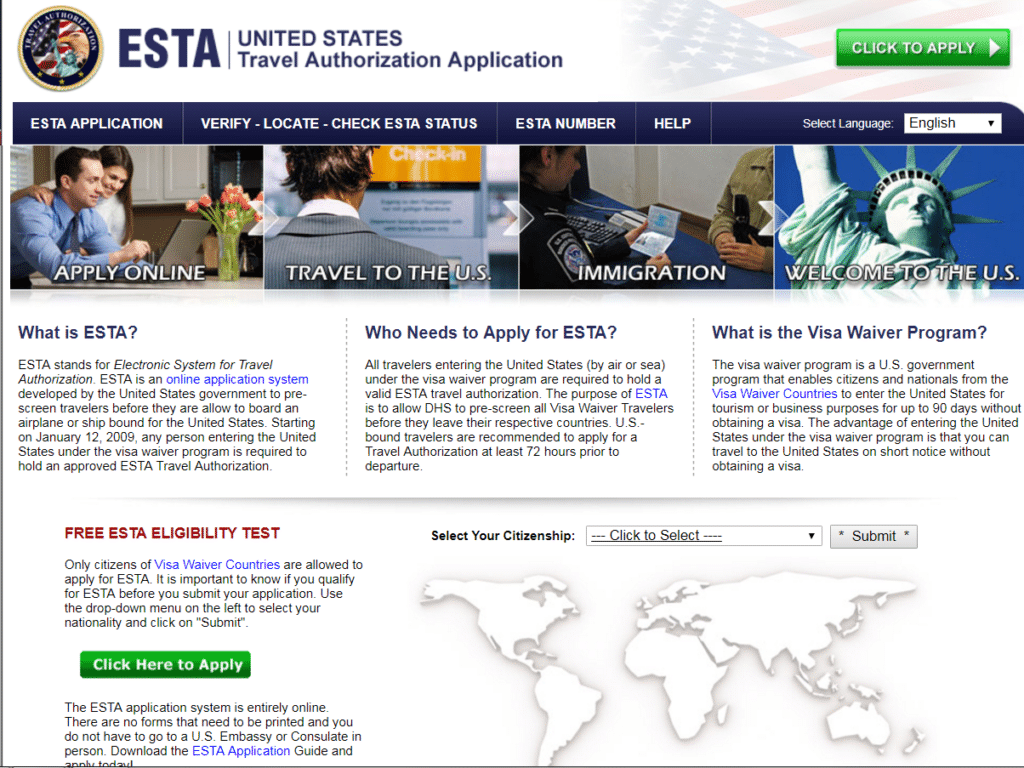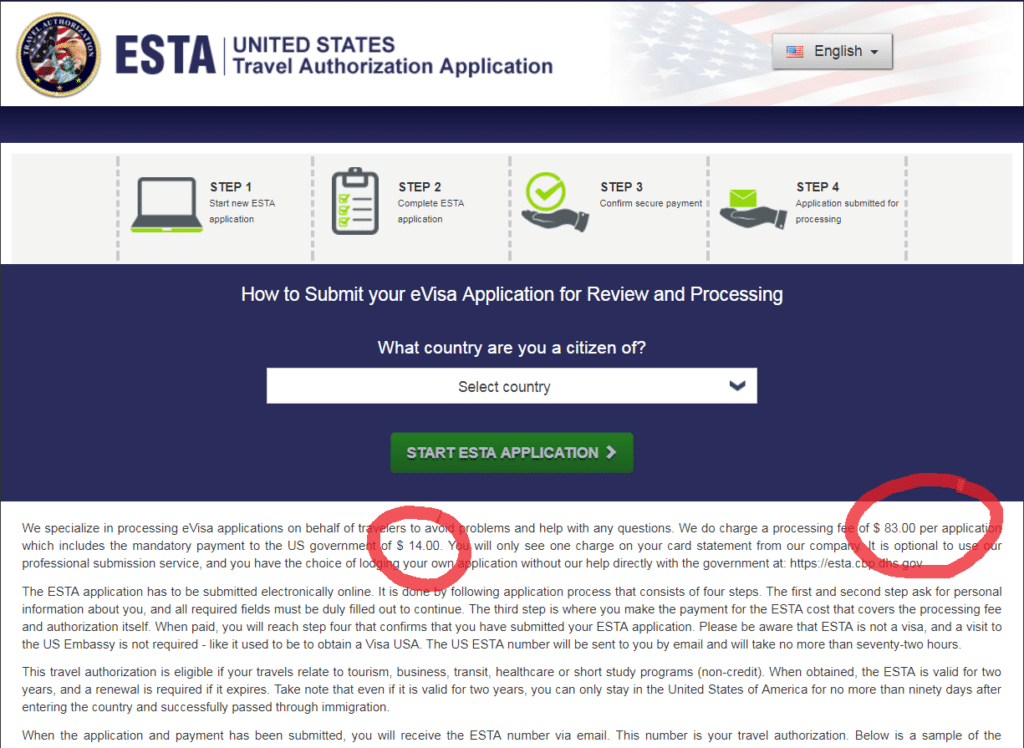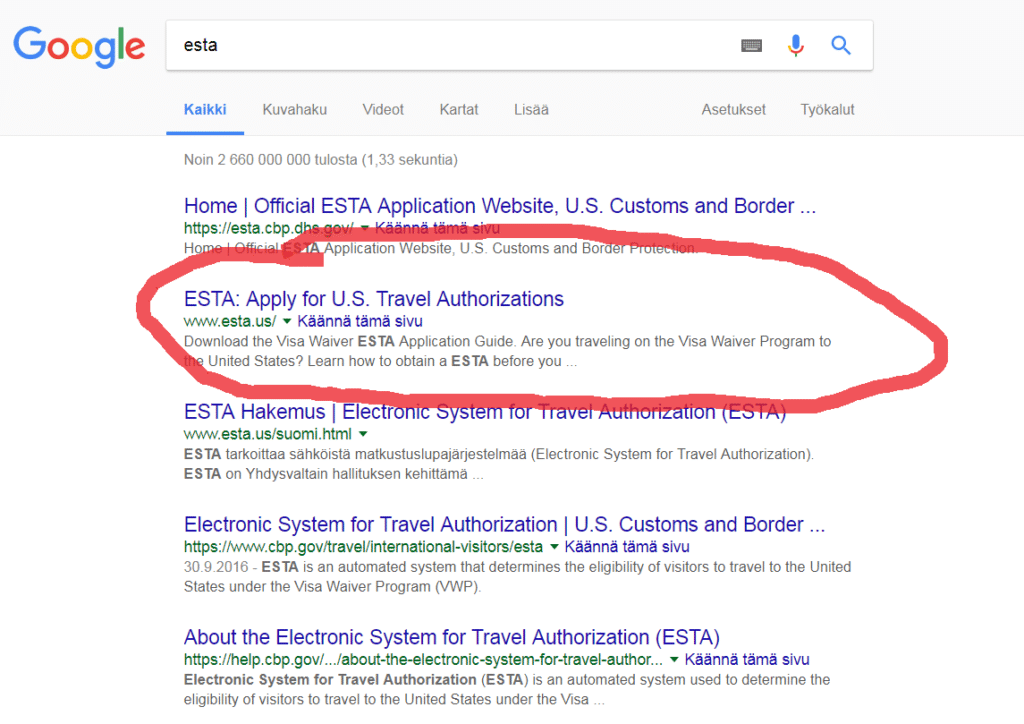Interview with A. Justin Lum, Esq.
Professional interview
Justin Lum: Providing a voice to clients
Justin Lum has spent more than 20 years practicing law. The son of a lawyer, Lum set out to follow in his father’s footsteps. A Chinese American who saw the misrepresentation of fellow Asian Americans, Lum’s father want to change the injustices he saw. It inspired Lum, and he began a career that has now spanned more than two decades.
Lum specializes in intellectual property law and has worked with clients to register more than 100 trademarks. However, it isn’t just intellectual property clients that Lum has worked with during his law career. The fourth generation Chinese American has represented clients in business law and immigration matters.
Recently, Lum sat down to answer a few questions about his career and what drives him as lawyer.
Justin, you have over 20 years of experience as a lawyer. Tell me, what made you decide to pursue law?
My father was an attorney. I always wanted to help people. I admired what my father was doing for people. He felt that Chinese Americans and Asian Americans were underrepresented in the legal field, and needed representation. I have tried to follow in his footsteps and follow his guidelines to help our clients to achieve their goals.
In 1997, after five years of being a lawyer, you moved out on your own and started a practice. How difficult was it to move away from your father’s firm, and what inspired you to do so?
I wanted to focus primarily on intellectual property at the time I left to start my own practice. It allowed me the freedom to focus and develop better that aspect of my practice.
You were able to attend the University of California at Berkeley, but your father’s upbringing in the American south was very different. Did his childhood and the life he lived growing up inspire you in your education?
I would say that the types of difficulties he experienced as a Chinese American growing up in the south where there were already racial tensions, and Chinese Americans were put in the middle of it, inspired me and reminded me that there is still a ways to go for our country to avoid racial inequalities. It has kept me focused to assist those who might otherwise be discriminated or disadvantaged by their status.
Lum Law has had numerous success stories over the years. Some of the best result have come in immigration law. Lum and his colleagues have helped clients overcome marriage denial, they have helped clients achieve asylum in the United States and got court decisions based on an interpreter’s mistake in court overturned. Of course, intellectual property was Lum’s reason for starting his law practice, and he has worked hard to achieve success.
Tell me about your time running your own practice. What were some of the challenges you faced and the big cases you worked on?
My practice was focused on intellectual property litigation. I had some patent litigation matters that ended successfully for my clients, one in particular in which we were able to end the case for our client, a defendant for patent infringement, on summary judgment after proving the clients’ product could not possibly infringe the patent. We have had many successful cases opposing trademark registrations and defending our own clients’ trademark registrations.
In 2011, you founded Lum Law Group with your father and brother. What drove you to reconnect with your dad and build the law firm?
Prior to 2011, I had started to work on some of my father’s litigation and immigration matters to assist him in his practice. In 2010 we decided that it would be more efficient for us to have one firm, and the idea was, and still is, that my brother and I would take over his practice. Unfortunately, that plan was altered a bit when my brother became ill and passed away, but the original plan still exists, for me to continue the practice Albert Lum started.
As a fourth generation Chinese American and someone who represents the community, how is important is it to represent clients in terms of immigration in the current political climate in the United States?
It is very important. We are entering a time in which the foundation principles of this country, a land of immigrants with the opportunity to succeed where personal freedom is paramount is being attacked by the very government that should be defending those principles. Rhetoric by our current government looking for an easy “fall guy” is wrongly targeting hardworking immigrants. They need representation from a government that is set on taking away any rights they may have.
How difficult is it for individuals to immigrate to the US and is it as difficult for those married to American citizens who want to join them in the country?
Well, it should not be difficult for those applicants who meet the criteria for the various immigrant categories. As long as an applicant meets the respective criteria, his/her case should be allowed. However, recently the government has changed the way in which it adjudicates a case, appearing to put emphasis on the form of an application, rather than the substance of the relationships, and the government appears to be also looking for any reason to deny a case, so long as it has some basis that can be justified. What this means is that it is more important than ever that a professional helps individuals to properly prepare their applications, so that mistakes in preparation that are innocent errors cannot be turned around by the government to become huge barriers to entry or immigration. As attorneys, it is our job to make sure the government understands the client’s status and application so that cases won’t be denied because of miscommunication.
Lum is focusing a lot of energy these days on helping startup companies. With the surge in new businesses and small companies, there is a need for information on a number of issues. Lum and his colleagues want to help these businesses become successful and remain within their legal rights.
I see that you are representing startups and small businesses currently. How important is it for a company that is just starting out to have a good, experienced lawyer by their side?
It is very important for a startup company to have an experienced attorney as there are many areas that can trip up a firm before they get going. Many times intellectual property issues, corporate tax issues, formation issues need to be worked out early to avoid problems later that could derail a startup before it can start to have positive returns.
When asked what what it takes to be a lawyer, Lum is honest in his assessment. It isn’t a way to make a lot of money and become well-known. It is far more important than those simple items.
For anyone interested in pursuing a career as a lawyer, what is your advice to them?
If you want to be an attorney, you should have a passion for assisting others, and a passion to understand the laws, and the fortitude to apply those laws, and understand how they are applied to your clients to help your clients navigate the legal field, whether those clients are private or public clients.
After such an illustrious career as a lawyer, what are your plans for the future?
For now, my plans are simply to continue this career. There are still a lot of people that need help.
Justin Lum has succeeded in several areas of law. Whether intellectual property or immigration, he and his colleagues have worked to help those people in need of a voice.

